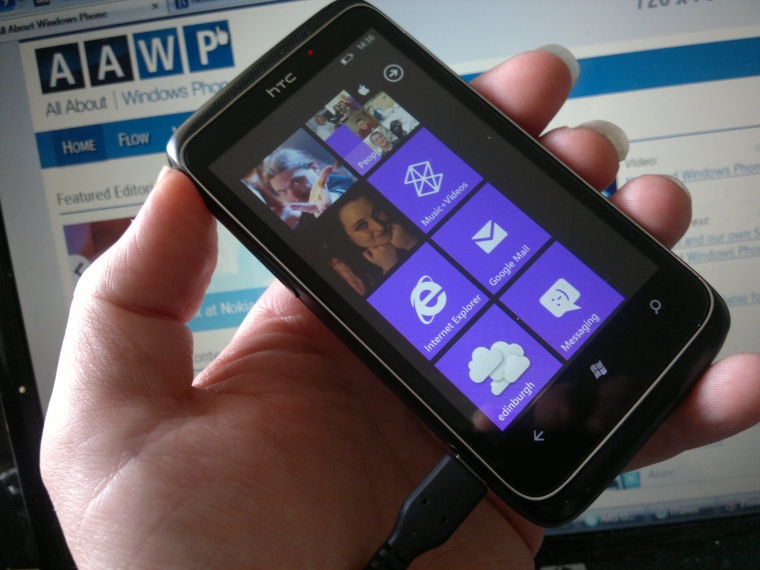I'm going to suggest three years.
Let's put to one side all the tech journalists and the geekerati who can chop and change their phones and try out all the operating systems and current fads in the smartphone market. The vast majority of people who are using smartphones are doing so using phones they have purchased themselves through their network operator.
Smartphones are expensive, although it's rare for the consumer to pay full price on the high street. Thanks to subsidies, the perceived price of smartphones is far less than the actual price you would pay to buy a handset outright. But that's where the 24 month long contracts allow networks to tip the balance.
It also means that there's going to be a long cycle between the first purchase of a smartphone, and picking up a second. If Windows Phone is to be available as a choice to all, then it needs to be a viable option for people coming in for a new contract, but also those renewing contracts. That needs at least two years for the edge case of someone buying the day before Windows Phone was available.

Microsoft's ability to keep Windows Phone in the smartphone game, backed up by their ability to fund applicataion development, for a significant period of time should allow them a number of years to get established, which is good. Taking a tiny subset of people who are up for contract renewal, and deciding the whole future of a platform on what happens over five days of sales is going to be madness.
Which leads me to another question. If we have set the window at two years, when do we start the clock? I'd think that the sensible time to do this was from the moment when Windows Phone was regarded as a 'viable' platform, and not just one on sale.
Put aside the comic reply of "but it's not yet viable" and ask yourself when you would have handed a Windows Phone to a 'non-geek' family member, confident that they would get along with the handset? That's my measure, and it gives a nice line in the sand in terms of functionality. And that line is when Mango was released to the public, and started to appear on handsets in the network stores.
September 2011 then.
Realistically we can't wait until Q3 in 2013 to decide on Windows Phone, both the marketplace and the stock-holders will pass judgement before then. Neither do we need to wait for everyone to be in the position of choosing a Windows Phone before a reliable percentage of 'new sales' will show how far and how fast Windows Phone is growing.
Twelve months should just about do it. By September this year, I think it would be fair to call Windows Phone a success, a failure, or somewhere in between. By then though, Windows Phone 7 will have run its course, and Windows Phone 8 (or whatever they call the next version) will be just around the corner. At that point, we'll also have the next wave of hardware which will rewrite the Windows Phone story and give the platform more time. Surely though, the ultimate crunch time lays within the next version's lifespan.
